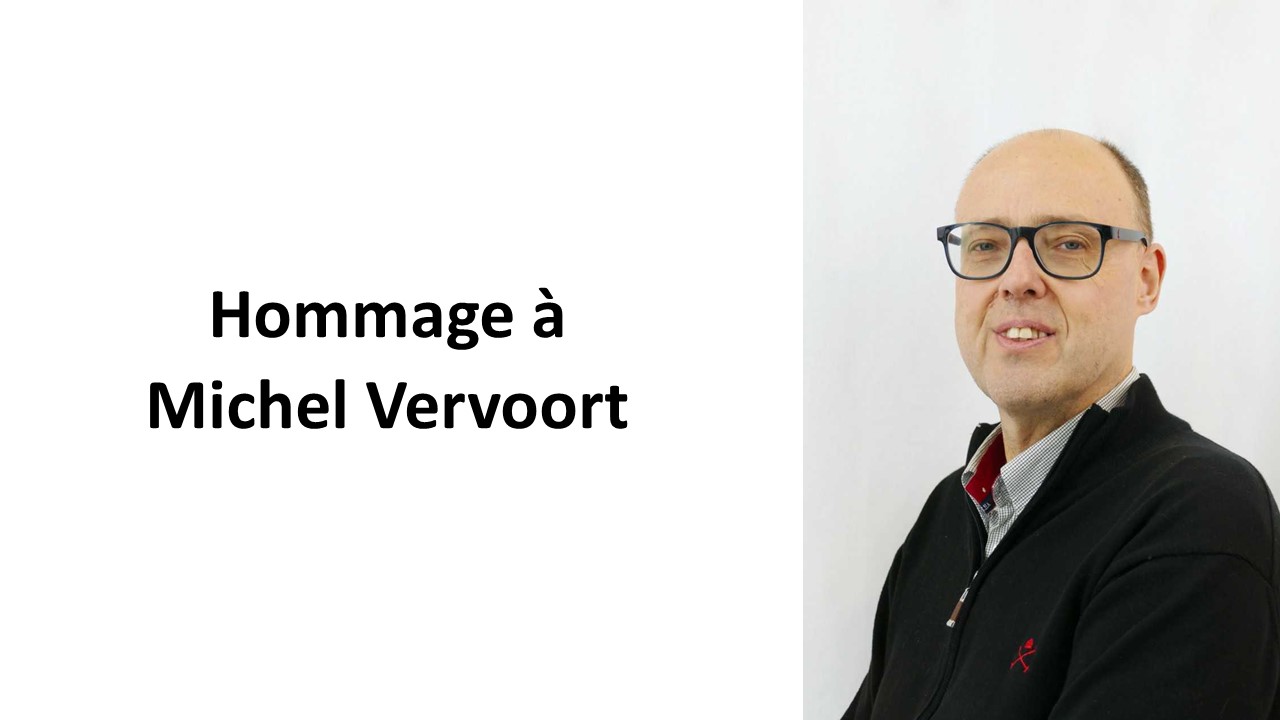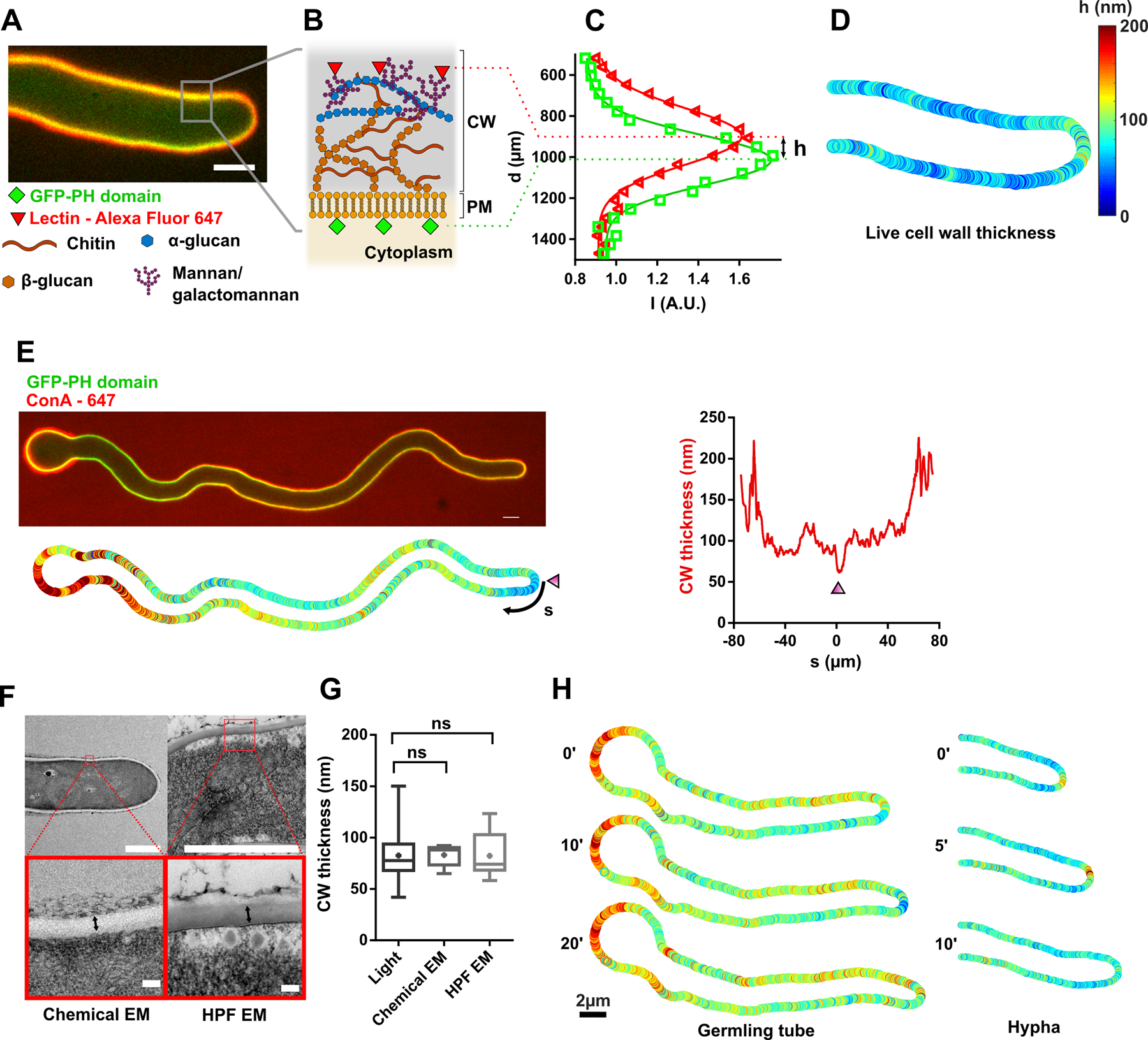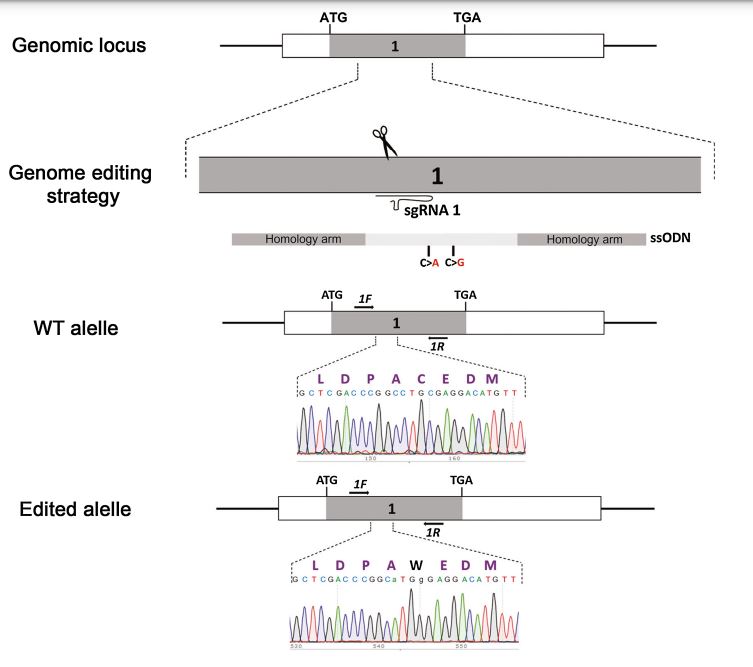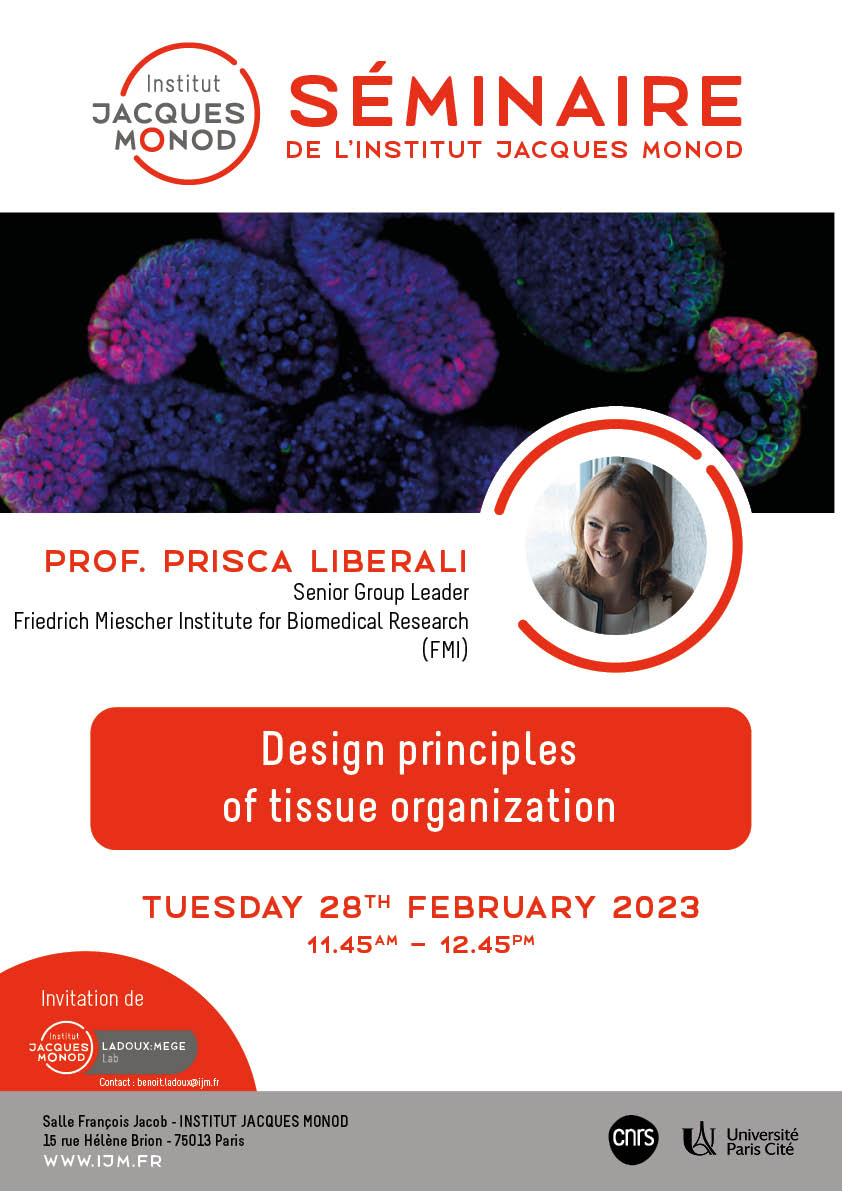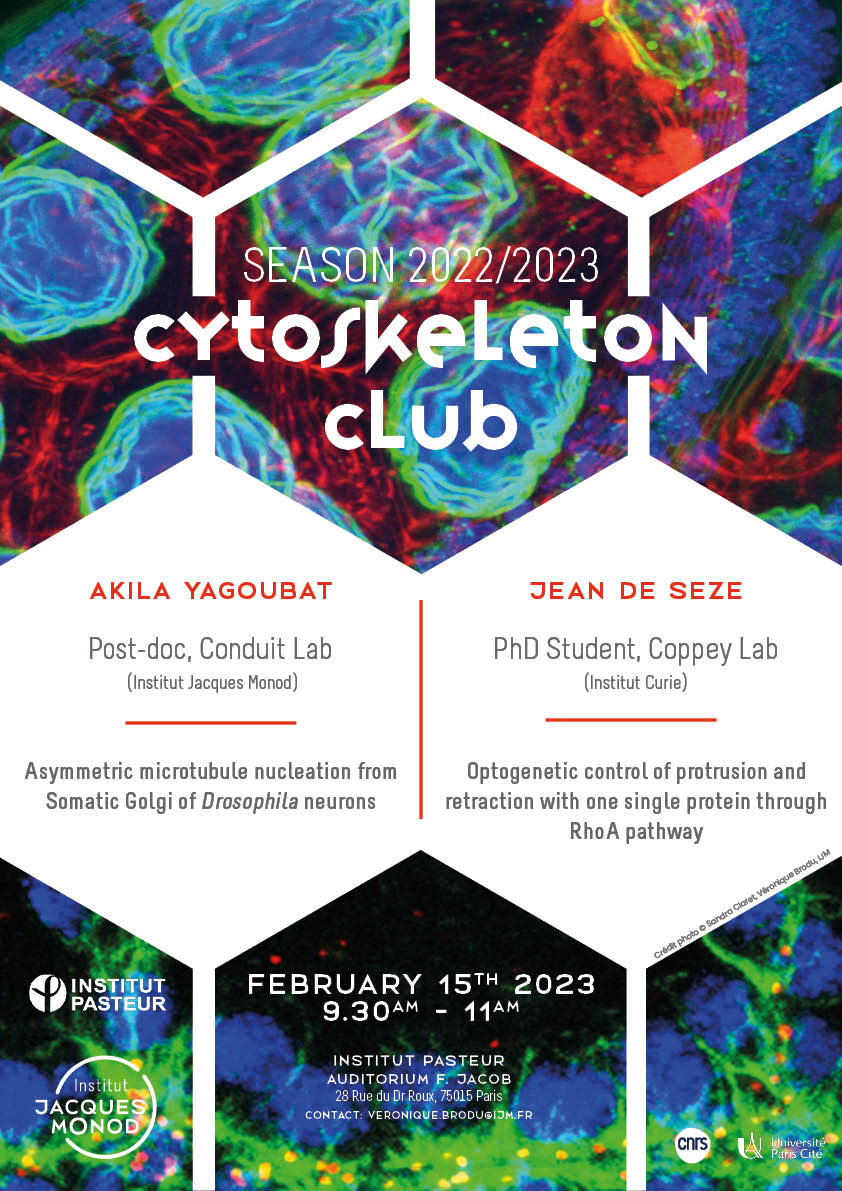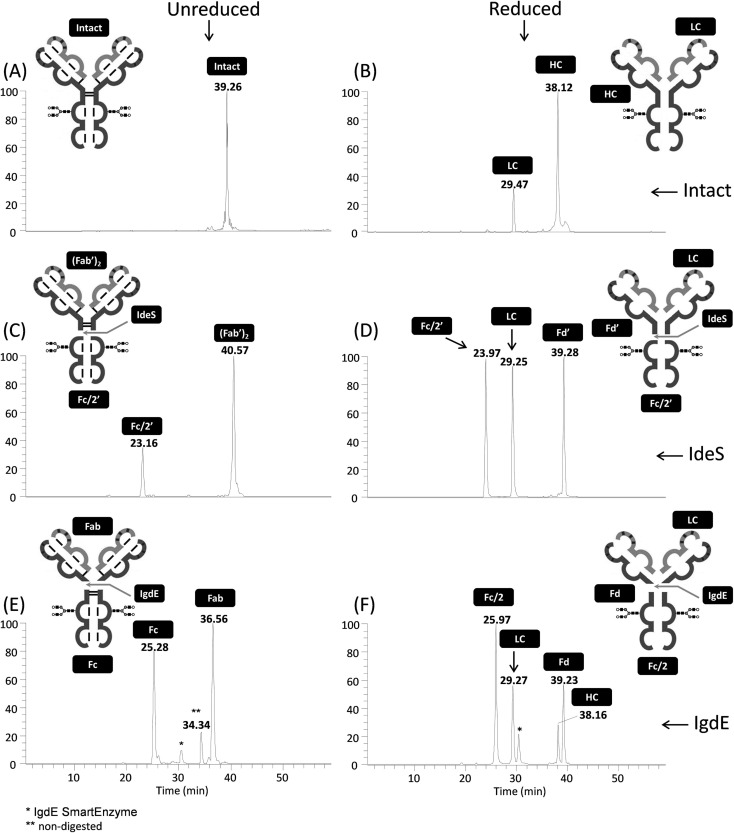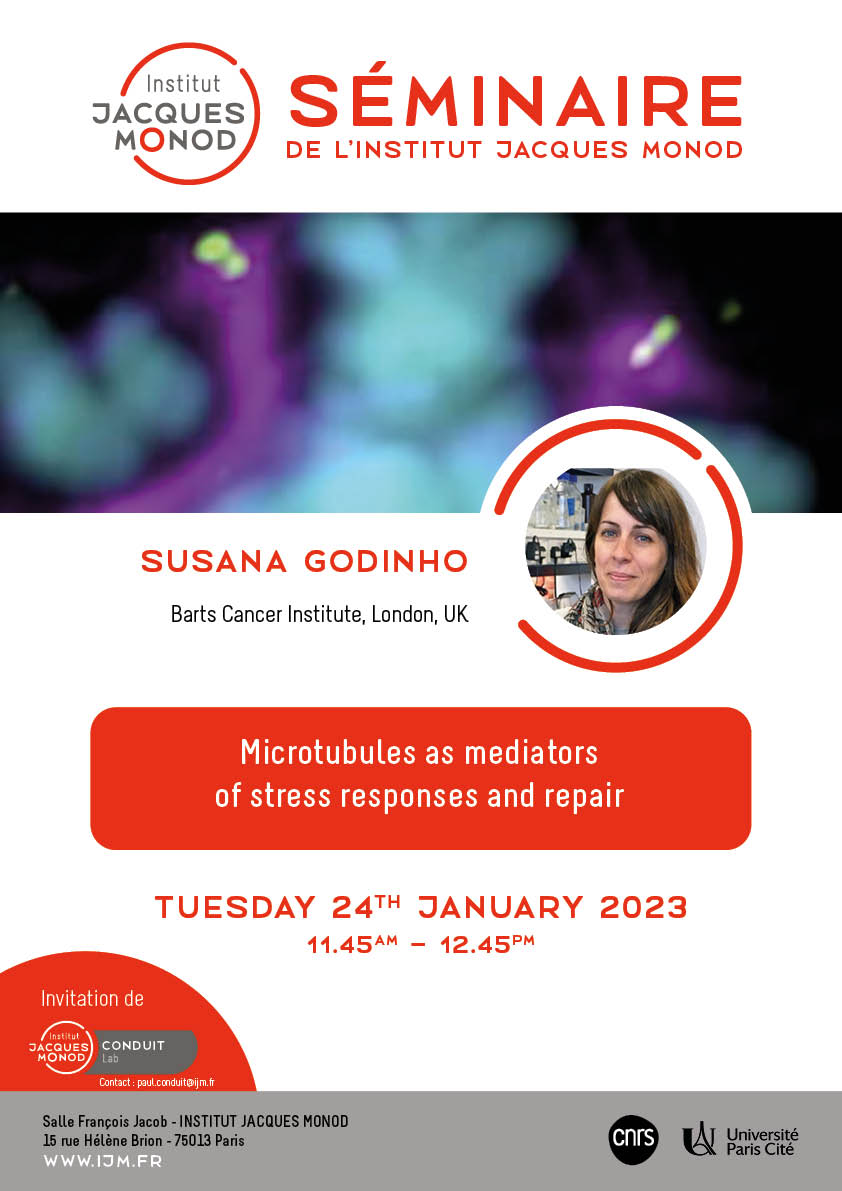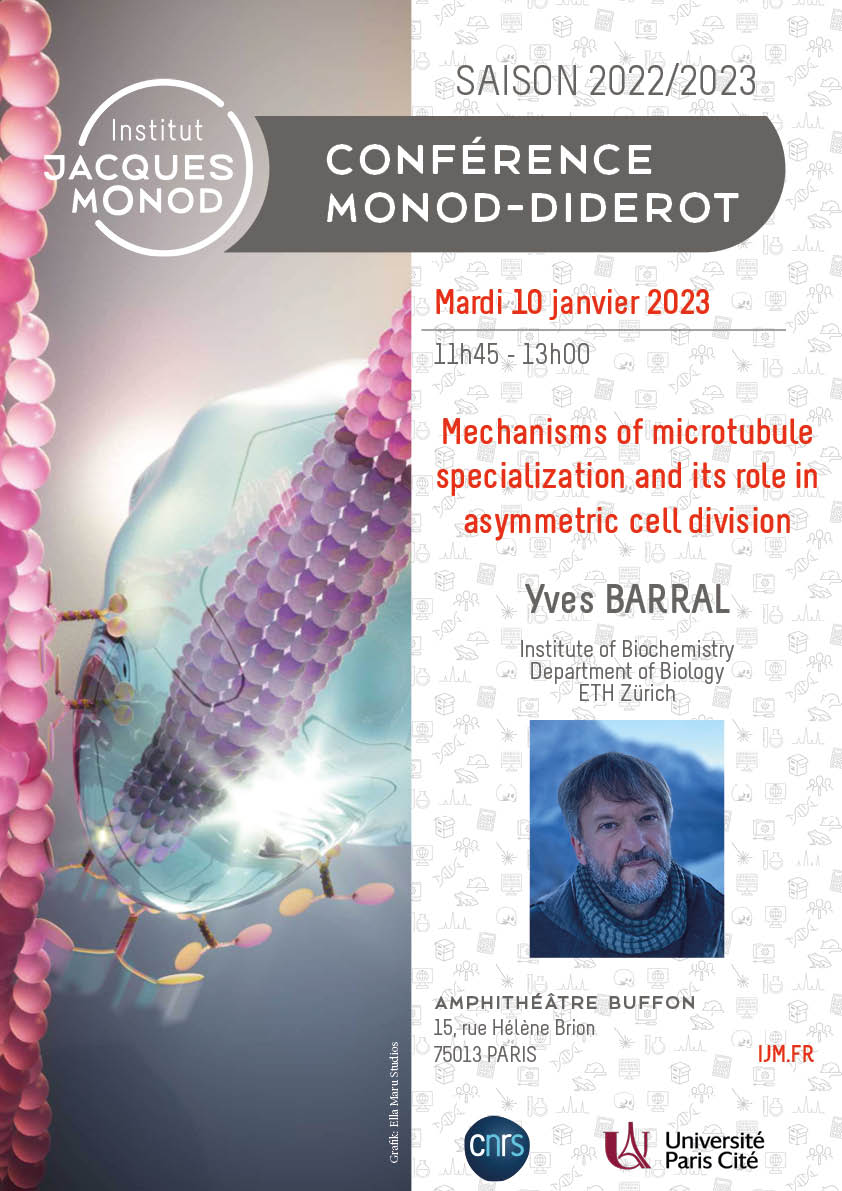Notre collègue, mentor et ami Michel Vervoort nous a quittés le 8 décembre 2022 à l’âge de 52 ans. Sa disparition laisse un immense vide auprès de tous ses collègues et amis à l’Institut Jacques Monod, mais aussi au sein de sa communauté scientifique et pédagogique.
Durant toute sa vie scientifique Michel a été animé par…
